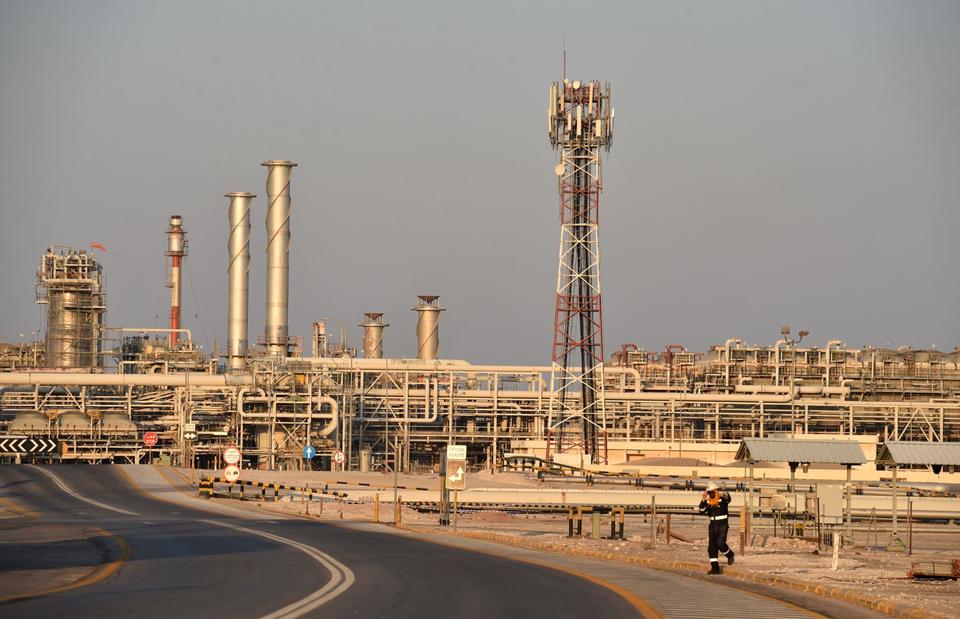
Saudi Arabia is undergoing a significant transformation in procurement and supply chain management, driven by Vision 2030, technological advancements, and increasing global trade. As the Kingdom diversifies its economy beyond oil, industries such as manufacturing, logistics, retail, and construction are experiencing major shifts in supply chain operations.
This article explores the importance of procurement and supply chain management in Saudi Arabia, key trends, and best practices for businesses looking to optimize their operations.
The Importance of Procurement and Supply Chain Management in Saudi Arabia
Efficient procurement and supply chain management play a crucial role in business success. Companies operating in Saudi Arabia must focus on:
- Cost Reduction – Strategic sourcing helps businesses save on raw materials, logistics, and inventory costs.
- Operational Efficiency – A well-structured supply chain ensures smooth production and service delivery.
- Regulatory Compliance – Companies must comply with local and international trade regulations.
- Supplier Relationship Management – Strong supplier networks improve reliability and product quality.
- Support for Nationalization Goals – The government encourages local procurement to boost domestic industries.
With the expansion of mega projects such as NEOM, The Red Sea Project, and Qiddiya, supply chain efficiency is more critical than ever for businesses to meet growing demand and maintain a competitive edge.
Key Trends in Procurement and Supply Chain Management in Saudi Arabia
Saudi Arabia’s supply chain landscape is evolving rapidly. Businesses must adapt to the following trends to stay ahead:
1. Digital Transformation in Procurement
Technology is reshaping procurement processes through automation, artificial intelligence (AI), and blockchain. Companies are investing in e-procurement platforms to enhance transparency, track spending, and streamline supplier selection.
2. Localization and Saudization Policies
The government is prioritizing local content development, encouraging businesses to source goods and services from within Saudi Arabia. The In-Kingdom Total Value Add (IKTVA) program and Saudization policies push companies to work with local suppliers and hire Saudi talent.
3. Sustainable Supply Chain Practices
Sustainability is becoming a key focus area. Businesses are shifting towards eco-friendly packaging, green logistics, and ethical sourcing to align with global environmental standards and Saudi Arabia’s commitment to sustainability.
4. Risk Management and Supply Chain Resilience
Disruptions caused by global economic fluctuations, geopolitical tensions, and pandemics have reinforced the need for supply chain resilience. Companies are adopting strategies such as multi-sourcing, supplier diversification, and inventory optimization to mitigate risks.
5. Infrastructure Development and Logistics Growth
Saudi Arabia is investing heavily in logistics and transport infrastructure, including smart warehouses, ports, and rail networks. The Kingdom’s strategic location as a global trade hub is enhancing supply chain efficiency and reducing transportation costs.
Best Practices for Effective Procurement and Supply Chain Management in Saudi Arabia
To succeed in Saudi Arabia’s evolving business environment, companies should implement the following best practices:
- Develop a Clear Procurement Strategy – Align procurement decisions with business goals, considering cost, quality, and lead time.
- Leverage Data and Analytics – Use procurement analytics to gain insights into spending patterns, supplier performance, and cost-saving opportunities.
- Strengthen Supplier Collaboration – Foster long-term relationships with reliable suppliers to improve supply chain stability.
- Ensure Compliance with Saudi Regulations – Stay updated with customs laws, trade agreements, and nationalization policies to avoid legal risks.
- Invest in Technology and Automation – Implement cloud-based procurement solutions to enhance efficiency and reduce human error.
How ZAET Can Help
Navigating procurement and supply chain challenges in Saudi Arabia requires expertise and a strategic approach. ZAET offers:
- Procurement Strategy Development
- Supplier Management and Evaluation
- Risk Management and Compliance Support
- Digital Procurement Transformation
- Logistics and Supply Chain Optimization
Our team ensures that businesses streamline procurement, enhance supply chain resilience, and achieve cost efficiency while maintaining compliance with Saudi regulations.
Conclusion
Saudi Arabia’s procurement and supply chain sector is evolving rapidly, driven by digitalization, localization, and infrastructure growth. Businesses that embrace innovation, regulatory compliance, and sustainability will gain a competitive advantage in the market.
By partnering with ZAET, companies can navigate these complexities and build a robust, efficient, and future-ready procurement and supply chain strategy.

